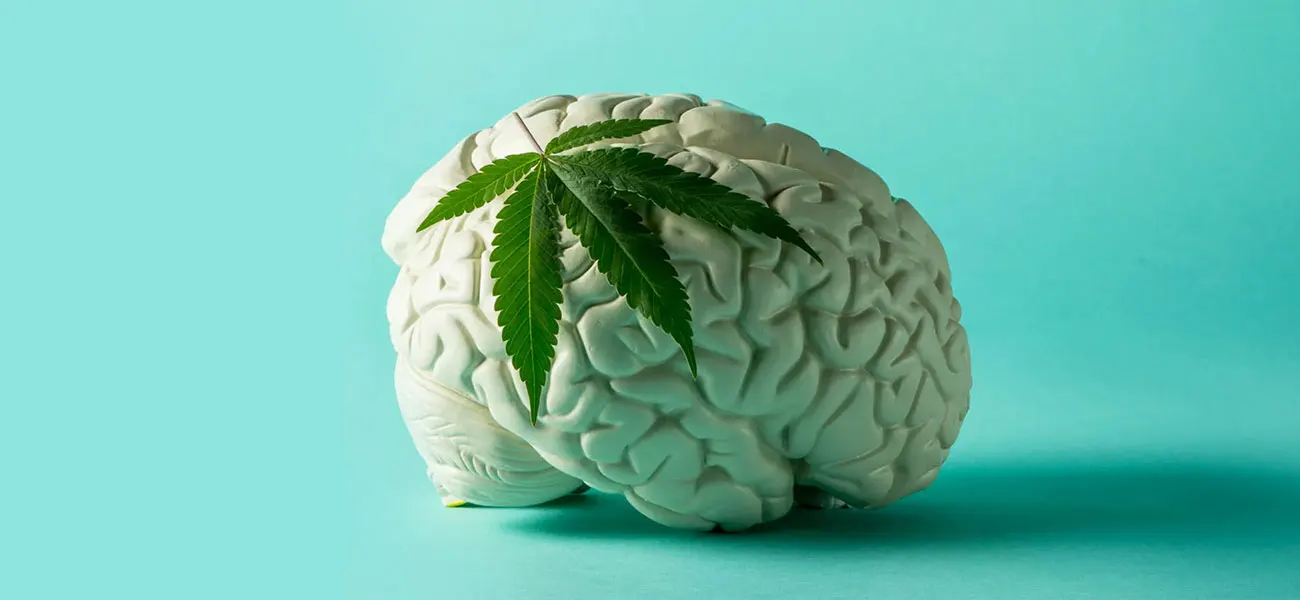Introduction
In recent years, the perceptions surrounding cannabis have shifted, with increasing research shedding light on its potential benefits. While the recreational use of weed is widely known, there is a growing body of evidence suggesting that it may have positive effects on brain development and growth. In this blog, we will explore some of the fascinating findings in this field, as well as the potential impact of weed on cognitive function.
1. Neuroprotective Properties:
Research has indicated that certain compounds found in cannabis, such as cannabinoids, possess neuroprotective properties. These compounds have been shown to help protect brain cells from damage and reduce inflammation, potentially contributing to improved brain health.
2. Enhanced Neuroplasticity:
Neuroplasticity refers to the brain's ability to adapt and reorganize itself throughout life. Studies suggest that weed may enhance neuroplasticity, facilitating the formation of new neural connections and promoting overall brain development. This could have implications for learning, memory, and cognitive abilities.
3. Potential Treatment for Neurological Disorders:
Emerging research has explored the therapeutic potential of cannabis in managing various neurological disorders. Conditions such as epilepsy, multiple sclerosis, and Parkinson's disease have shown promising responses to cannabis-based treatments. By targeting specific receptors in the brain, weed may help alleviate symptoms and improve overall brain function in these cases.
4. Anxiety and Stress Relief:
Chronic stress and anxiety can have detrimental effects on brain health. Cannabidiol (CBD), a non-psychoactive component of cannabis, has been found to reduce anxiety and stress levels in certain individuals. By promoting a calm state of mind, weed may indirectly support optimal brain functioning and growth.
5. Pain Management and Cognitive Function:
Chronic pain can significantly impact cognitive function and overall quality of life. Studies suggest that cannabis may help manage pain, potentially reducing the cognitive burden associated with chronic pain conditions. By alleviating discomfort, weed may indirectly support better cognitive abilities and brain health.
Conclusion :
While more research is needed to fully understand the complex relationship between weed and brain development, preliminary findings suggest potential benefits in various aspects. From neuroprotection and enhanced neuroplasticity to its possible role in managing neurological disorders, cannabis shows promise in supporting brain health. However, it is essential to approach its use responsibly and consult with medical professionals when considering it as a treatment option. As the field continues to evolve, further investigation will uncover the full potential of weed on brain development and growth.












































Comments
Leave a Comment
Your email address will not be published. Required fields are marked *